Introduction
Biobottles™, a pioneer in the sustainable packaging industry, has developed a groundbreaking technology called PlasticIQ™. At the heart of PlasticIQ™ lies a proprietary form of Bio-Transformative plastics that are designed to revolutionize the way we perceive and utilize plastics. This article will delve into the intricacies of Bio-Transformative technology, its applications in the industry, and specifically in food and supplement packaging. We will also address any concerns or fears a business might have about adopting this cutting-edge technology.
Understanding Bio-Transformative Technology
Bio-Transformative technology refers to a novel process by which plastics are engineered to undergo a transformation in their chemical structure, allowing them to break down more efficiently in the environment. Unlike traditional plastics that persist for centuries, Bio-Transformative plastics offer a more sustainable and environmentally friendly solution to plastic waste. They can be incorporated into various industries, including food and supplement packaging, to provide a cleaner and greener alternative.
Bio-Transformative Plastics in the Industry
The introduction of Bio-Transformative plastics offers numerous advantages to industries seeking sustainable packaging solutions. These plastics can be used in a wide range of applications, from food containers and packaging films to beverage bottles and disposable cutlery. Some key benefits of incorporating Bio-Transformative plastics into industrial processes include:
- Reduced environmental impact: Bio-Transformative plastics significantly reduce the plastic waste that accumulates in landfills and the natural environment. By breaking down more efficiently, these materials help decrease pollution levels and promote a healthier ecosystem.
- Lower carbon footprint: The production of Bio-Transformative plastics generally requires fewer resources and energy compared to traditional plastics. As a result, adopting these materials can contribute to reducing a company’s overall carbon footprint.
- Enhanced brand image: Embracing Bio-Transformative technology allows businesses to showcase their commitment to sustainability and environmental stewardship. This can help strengthen a company’s brand image and resonate with eco-conscious consumers.
Bio-Transformative Plastics in Food and Supplement Packaging
The food and supplement industries are particularly well-suited to benefit from the adoption of Bio-Transformative plastics. Here’s how:
- Extended shelf life: Bio-Transformative plastics can be engineered to provide a barrier against moisture, oxygen, and other environmental factors that can compromise product quality. This can help extend the shelf life of perishable items like fresh produce, baked goods, and dietary supplements.
- Improved food safety: Bio-Transformative plastics can be designed to inhibit the growth of harmful bacteria and other pathogens, ensuring that food and supplement products remain safe for consumption.
- Customizability: These plastics can be easily tailored to meet the specific needs of various food and supplement products, including different shapes, sizes, and functional requirements.
Addressing Concerns About Bio-Transformative Technology Adoption
Businesses may have concerns about the cost, performance, and scalability of adopting Bio-Transformative technology. Here’s how we address these concerns:
- Cost-effectiveness: The initial investment in Bio-Transformative technology is similar to traditional plastics, but it has long-term savings in waste management, reduced carbon footprint, and the potential for increased sales due to consumer preference for eco-friendly products can offset these costs.
- Performance: Bio-Transformative plastics are engineered to meet or exceed the performance standards of traditional plastics. They can offer enhanced durability, moisture resistance, and other desirable qualities without compromising on sustainability.
- Scalability: As the demand for sustainable packaging solutions grows, the production of Bio-Transformative plastics is becoming more efficient and scalable, making it an increasingly viable option for businesses of all sizes.
Conclusion
Biobottles™ PlasticIQ™ technology offers a sustainable and innovative solution to the plastic waste problem, harnessing the power of Bio-Transformative plastics to create a cleaner, greener future for industries and consumers alike. The adoption of this technology can not only reduce the environmental impact of plastic waste but also enhance the performance of packaging materials and elevate a company’s brand image.
By addressing the concerns of cost, performance, and scalability, businesses can confidently embrace Bio-Transformative technology as a viable and advantageous alternative to traditional plastics. As more industries recognize the benefits of this cutting-edge technology, particularly in the food and supplement sectors, we can expect a significant shift towards more sustainable packaging practices.
Ultimately, adopting Bio-Transformative plastics and PlasticIQ™ technology represents a crucial step toward a more sustainable future, and Biobottles™ is committed to leading the charge in transforming the way industries approach packaging and waste management.
Reference:
- Ellen MacArthur Foundation: A leading organization in the field of circular economy, the Ellen MacArthur Foundation has published several resources on sustainable packaging and plastics, including the New Plastics Economy initiative. URL: https://www.ellenmacarthurfoundation.org/
- European Bioplastics: This organization represents the interests of the bioplastics industry in Europe and provides valuable resources, including market data, position papers, and news articles. URL: https://www.european-bioplastics.org/
- ScienceDirect: A vast database of scientific research articles, ScienceDirect has numerous publications on biodegradable plastics, sustainable packaging, and their applications in various industries. URL: https://www.sciencedirect.com/
- Packaging Digest: This publication features news and articles on the latest trends and technologies in the packaging industry, including insights on sustainable packaging materials and solutions. URL: https://www.packagingdigest.com/
- Plastics Today: A leading source of information for the plastics industry, Plastics Today provides news, analysis, and insights into sustainable and innovative plastic materials, including biodegradable and eco-friendly alternatives. URL: https://www.plasticstoday.com/

